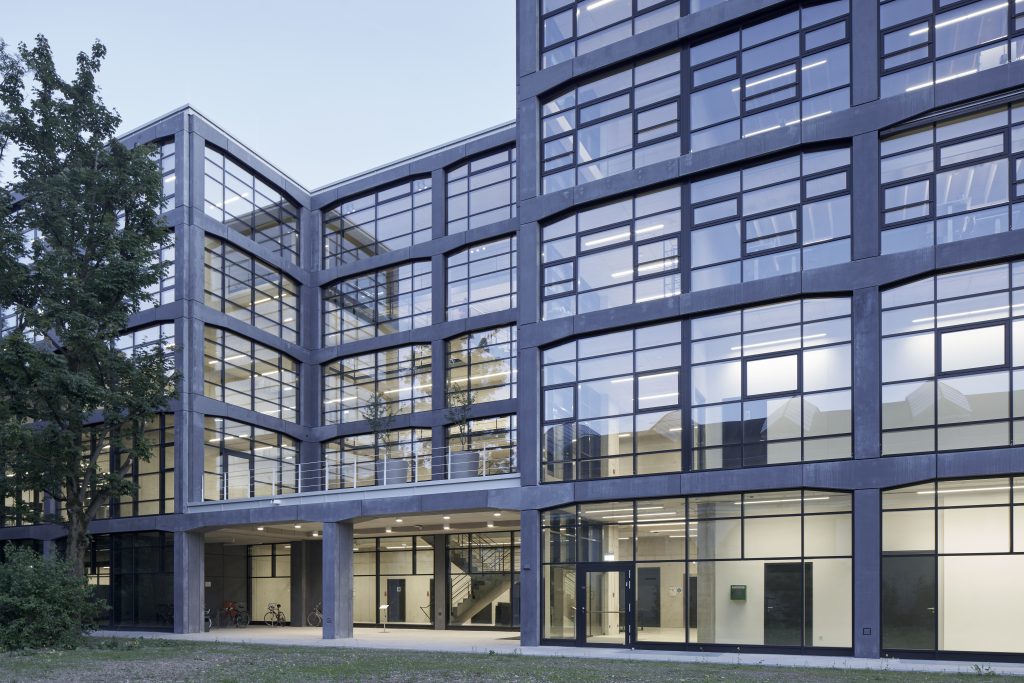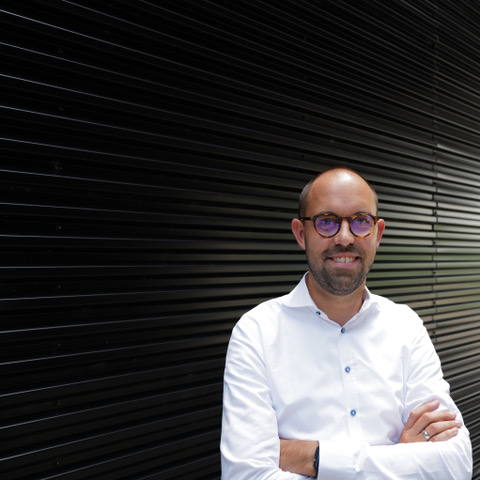
UnternehmerTUM (UTUM) And Its New SME Program
Technische Universität München (TUM), the leading German technical university and one of the top European universities, has created a knowledge triangle – education, research, and entrepreneurship – and has put these three missions on the same level to build a strong ecosystem. In 2020 TUM’s startups raised over $1 billion and more than double that amount in 2021.
UnternehmerTUM, TUM’s Center for Innovation and Business Creation, was set up 20-years-ago as a not-for- profit limited company with a focus on building a bridge between startups and established companies. Today, many large companies are a part of the program and BMW GE, SAP and Siemens have built facilities on campus.
Now UTUM is launching a new program specifically geared towards helping family-owned businesses with their digital transformation and sustainability strategies. It’s a recognition that small and medium-sized businesses (SMEs) which represent around 90% of all firms globally and are responsible for roughly 70% of employment, must be included in the innovation ecosystem, says Christian Mohr, UTUM’s newly appointed managing director.
“We believe that it is important to integrate the next generation of family entrepreneurs and understand their challenges and help them with long term plans,” says Mohr, who formerly held positions as Global Co-Lead KPMG Innovation Network and as KPMG’s head of innovation, Germany.

SMEs are the backbone of European business. Family offices have substantial financial resources and are active investors in startups. SMEs can make use of startup products, and in exchange they provide startups with crucial materials and technologies. While large companies have dedicated resources to interact with universities, most mid-sized companies people do not as yet. For them it is much harder to get connected and really start to innovate. “Connecting SMEs into the innovation landscape will help Europe leverage its strengths and become more competitive globally,” Mohr says.
The FamilienUnternehmerTUMprogram will be overseen by Leopold von Schlenk-Barnsdorf, who is involved in the digital transformation of his own family’s business, a leading international manufacturer of metal powders and metal pigments founded in 1879.

“The notion of entrepreneurship is mostly associated with startups and the founders of new businesses but the entrepreneurship that has sustained family businesses is often neglected,” says von Schlenk-Barnsdorf, who earned a PhD in “Business Model Innovation and Digital Transformation in Family Firms”. “A very important pillar of our initiative is to talk with the startup community and motivate them to create the next generation of family-owned businesses,” he says.”
Many founders are driven by hypergrowth strategies and raising as much venture capital as possible and ideally exit within five to ten years. “What we want to promote is the type of sustainable growth and staying power of family businesses that have existed for a century or more.and inspire founders to build up the next generation of these types of businesses using digital tools,” he says.
Another key plank in UTUM’s program is to enable existing SMEs to use digital technology and innovative business models to become greener and remain competitive. UTUM plans to accomplish this by promoting the exchange of new ideas about business models, digital transformation, and sustainability. UTUM will also use its large network to match family-owned businesses with talent and startups.
SMEs joining UTUM’s new program will have access to over 300 experts in a broad range of fields who can help them craft a strategic roadmap and it will work with individual companies to help them implement it. “We are all about execution,” says Mohr. “That is what differentiates us from other programs.”

